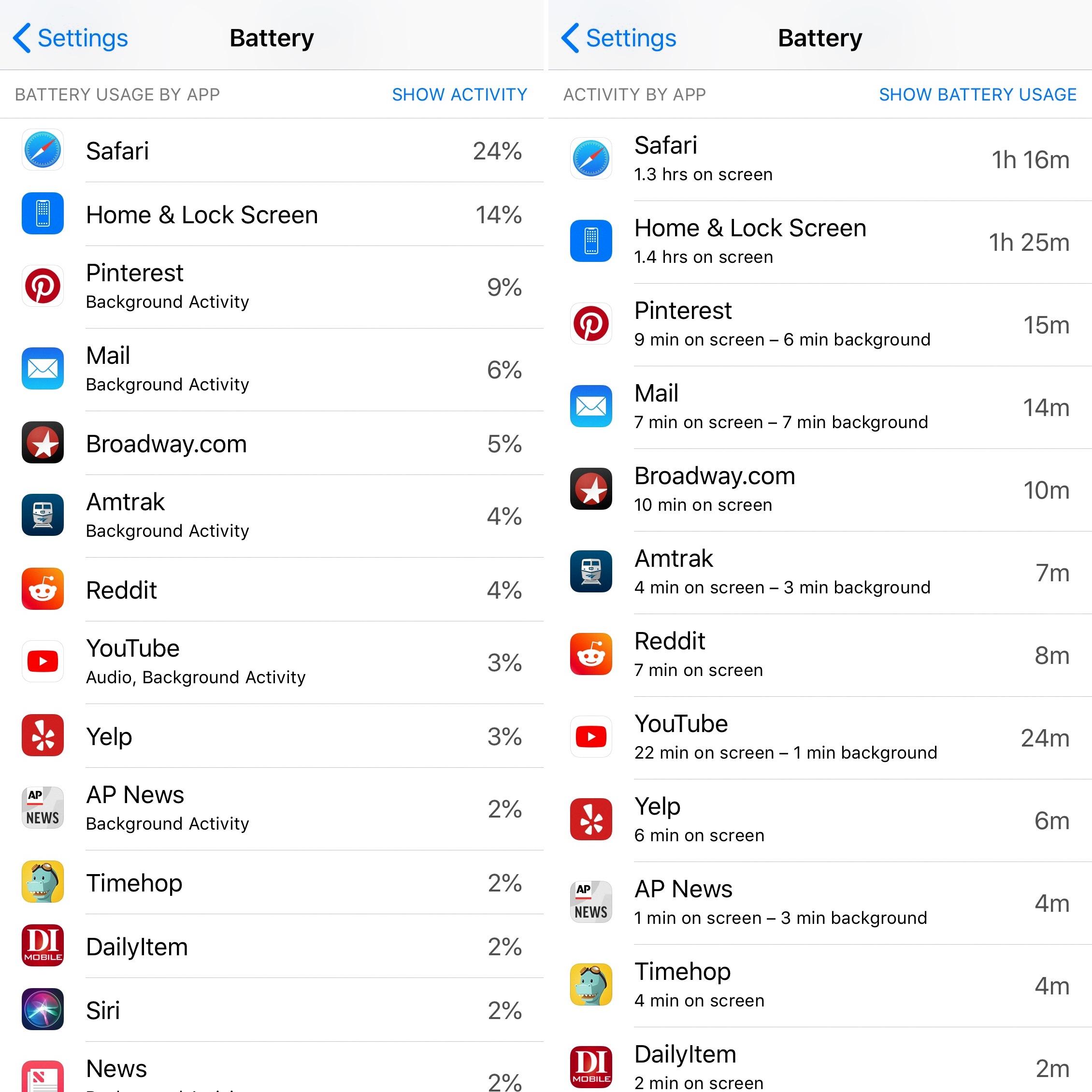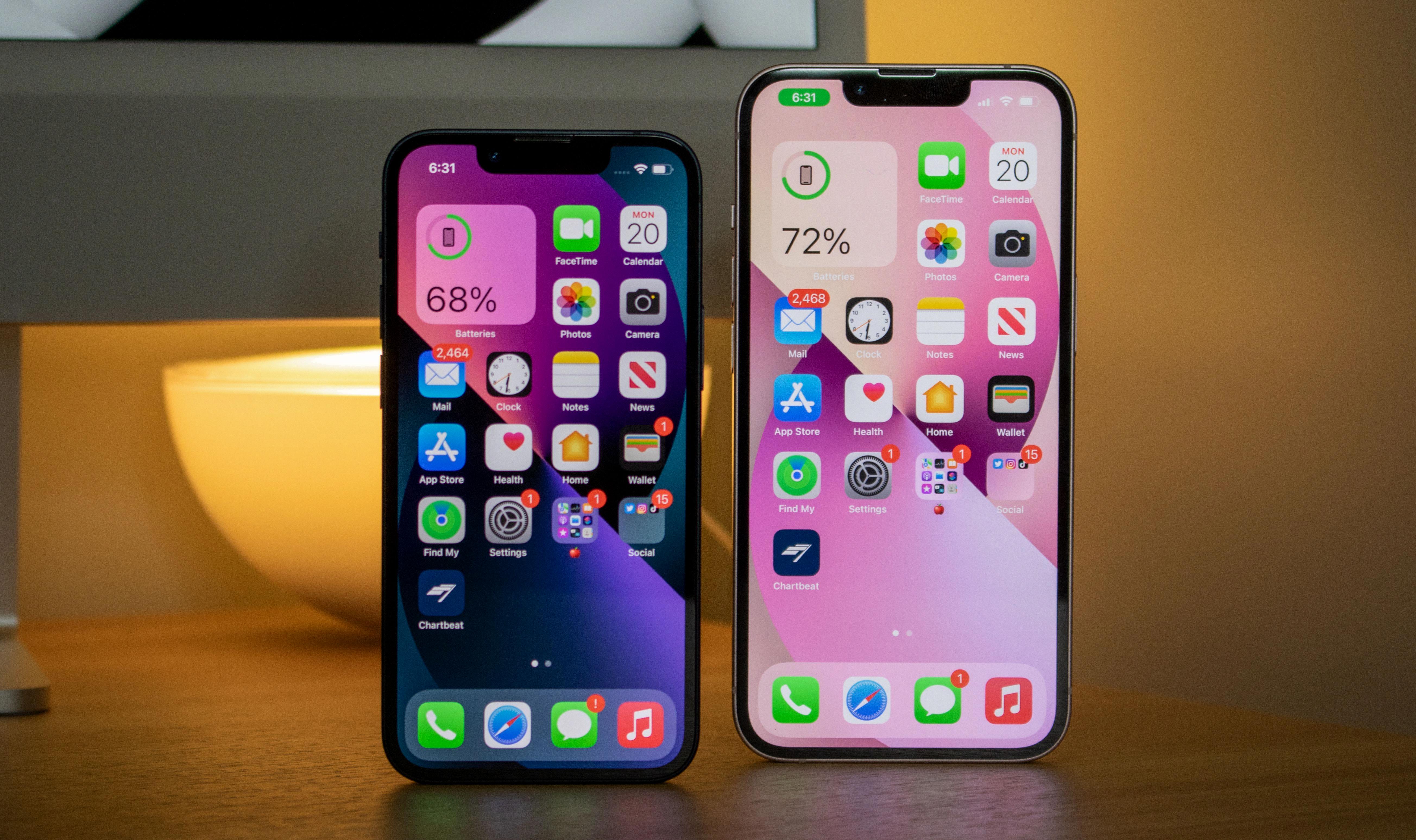If you’re an iPhone user, then chances are you’ve noticed that the battery life on your device isn’t quite what it used to be. If you use Safari as your browser of choice, then this could be a contributing factor to why your battery is draining so quickly.
Unfortunately, there is no single solution when it comes to preventing Safari from draining your battery. The issue may be due to a variety of factors, such as how often you use the app and what kinds of websites you visit. However, there are some steps you can take in order to help improve your iPhone’s battery life while using Safari.
First off, make sure that the app is up-to-date with the latest version in the App Store. Apple releases new updates regularly which often include bug fixes and improvements that can help conserve battery life. Additionally, if you are using any extensions or plugins on Safari, disable these or remove them if they are no longer needed as they can also contribute towards increased power consumption.
When it comes to webpages, ensure that each page is optimized for Safari’s engine by limiting the amount of resource-heavy content such as videos and images. This will help reduce the amount of time it takes for a page to load which in turn helps conserve more energy. Lastly, consider changing browsers altogether if Safari still seems to be draining too much power from your iPhone’s battery; there are plenty of other browsers out there that may work better with your device!
although Safari is not necessarily a major factor in draining iPhone batteries overall, it could still have an effect depending on how often and what type of content you view on the app. To prevent Safari from using too much energy, ensure that it and its plugins are up-to-date and limit resource-heavy content while browsing online. If all else fails, consider switching browsers altogether!
Safari’s High Battery Usage on iPhone
Safari can use a significant amount of battery on an iPhone for a variety of reasons. One of the most common reasons is that Safari can keep content and webpages open in the background, which can cause a lot of energy to be used up as data is transferred and refreshed. Additionally, if Safari has been set up to automatically update pages in the background, it will continue to use energy even when it is not actively being used. Finally, if there are any plugins installed on Safari, they too may be using energy when Safari is running.

Source: idownloadblog.com
The Impact of Safari on Battery Life
Safari is the built-in browser of the iPhone, and it typically does not consume a lot of power. However, there are various factors that can lead to Safari using up more battery than usual. These factors can include having multiple tabs open, playing videos or music in the background, using location services on websites, and leaving certain sites open for long periods of time. Additionally, if you have an older model iPhone, the battery may be aging and require more power to operate. To check where your phone’s battery is being used up most, you can go to Settings > Battery and view the Battery Usage feature.
The Impact of Closing Safari Tabs on Battery Life
No, closing Safari tabs does not save battery. This is because the app will still be running in the background, meaning it is still consuming power from your device’s battery. The best way to save battery life is to force-close apps when you are not using them. This will prevent them from running in the background and draining your battery. Additionally, adjusting your device’s settings such as reducing the brightness of your screen or disabling features like GPS can help improve your battery life.
Reducing Safari Data on an iPhone
To reduce Safari data on your iPhone, you can clear your history, cache, and cookies. To do this, go to Settings > Safari and tap Clear History and Website Data. This will delete your browsing history, cookies, and other website data. Additionally, you can go to Settings > Safari > Advanced > Website Data and tap Remove All Website Data to clear your cookies while keeping your browsing history. Another way to reduce Safari data is to turn off AutoFill. To do this, go to Settings > Safari and toggle the switch next to AutoFill off. This will stop Safari from automatically filling out forms and other information that you type on websites. Finally, you can turn off Background App Refresh in order to reduce the amount of data used by apps running in the background. To do this, go to Settings > General > Background App Refresh and toggle the switch next to Background App Refresh.
What Are the Main Causes of iPhone Battery Drain?
The two biggest battery drains on an iPhone are its screen and cellular service. The screen consumes the most power because it’s always on when the phone is in use. This means it’s consuming power whether you’re actively using your phone or not. Cellular service is also a major drain, as your phone is constantly searching for available networks and connecting to them when possible. Other things that can contribute to battery drain include background app activity, GPS usage, Bluetooth connections, and other wireless connections like Wi-Fi.
What Causes the Most Phone Battery Drain?
The most common culprits of a quickly draining phone battery are high display brightness, background apps, picture-in-picture mode, staying connected 24/7, an old phone battery, location-tracking apps, and a surplus of notifications.
High display brightness is one of the primary causes of a fast-draining phone battery. This is because the brighter your screen is set, the more energy it requires from your battery. To help conserve battery life, try reducing the brightness of your phone’s display or using an automatic brightness setting.
Background apps can also be responsible for draining your phone’s battery life. Apps that are running in the background will continue to use resources and drain your battery even when you’re not actively using them. To help preserve battery life, make sure to close any unnecessary apps when you’re finished using them.
Picture-in-picture mode can also cause your phone to use more energy than it needs to. This mode allows you to keep certain apps open while multitasking on other apps or tasks. As convenient as this feature may be, it can end up consuming a lot of power and quickly drain your battery life.
Staying connected 24/7 can also take its toll on your phone’s battery life by constantly looking for new data such as emails or messages. Try turning off Wi-Fi and Bluetooth connections when they’re not in use or switching to airplane mode when you don’t need internet access to help save some energy.
An old phone battery may also be causing a faster-than-normal rate of draining power from your device as batteries tend to weaken over time with use and age. Consider having the battery replaced if you feel that it’s older than usual or if it isn’t lasting as long as it once did before needing a charge again.
Location-tracking apps such as Google Maps can also be responsible for using up more power than necessary from your device’s battery by constantly pinging GPS satellites in order to track where you are located at any given moment in time. If possible, adjust these settings so that they only operate when absolutely necessary and turn off all location tracking services when not in use for maximum efficiency levels and longer-lasting power reserves from your device’s lithium-ion battery cells.
Finally, having too many notifications enabled on our phones can cause our devices to continuously update information which can result in shorter periods between charging sessions or quicker draining levels of stored energy within our phones’ batteries overall. Consider enabling Do Not Disturb Mode while you’re asleep or disabling unnecessary notifications altogether for better efficiency levels with respect to overall power reserves from your device’s internal components.
Stopping Safari from Draining Battery
To stop Safari from draining your battery, there are a few steps you can take. First, make sure that you are not running unnecessary tabs and extensions in Safari. You can also disable background app refresh for Safari in your device’s settings menu. Additionally, you can turn off location services for Safari so that it does not track or use your location unnecessarily. Finally, make sure that you are not running any type of pop-up blocker or advertisement blocker as these tasks can take up extra battery life. If you follow these steps, you should be able to reduce the amount of battery power being used by Safari.
Should I Close Tabs in Safari on iPhone?
Yes, you should close tabs in Safari on your iPhone periodically. This is beneficial for several reasons. First, it helps reduce the battery drain and data usage caused by having multiple tabs open at once. Second, it helps keep your device running smoothly by freeing up memory and resources that can be used elsewhere. Finally, it keeps your browsing experience more organized and less cluttered by avoiding the hassle of needing to switch between multiple tabs.
Does Opening Multiple Browser Tabs Impact Battery Life?
Yes, opening many tabs can drain the battery. Every time a web page is opened, the device needs to use more of its resources to display the content. This extra use of processing power and memory can put a strain on the device’s battery life, particularly if many tabs are open at once and/or the device is already running other applications or tasks. Additionally, keeping tabs open in the background can slow down overall performance as they continue to run in the background and use up system resources.
Conclusion
In conclusion, the iPhone is an incredibly powerful device that has many features and capabilities. It can be used for a variety of tasks, and its battery life is generally excellent, even with heavy use. However, it is important to remember that certain activities will consume more battery power than others, such as using Safari for long periods of time or running multiple apps at once. Additionally, closing apps does not improve battery life, so it is best to leave them running in the background. Finally, if you are still experiencing poor battery performance on your iPhone, it could be a sign that your battery needs replacing or that you need to adjust your settings to reduce power consumption.








